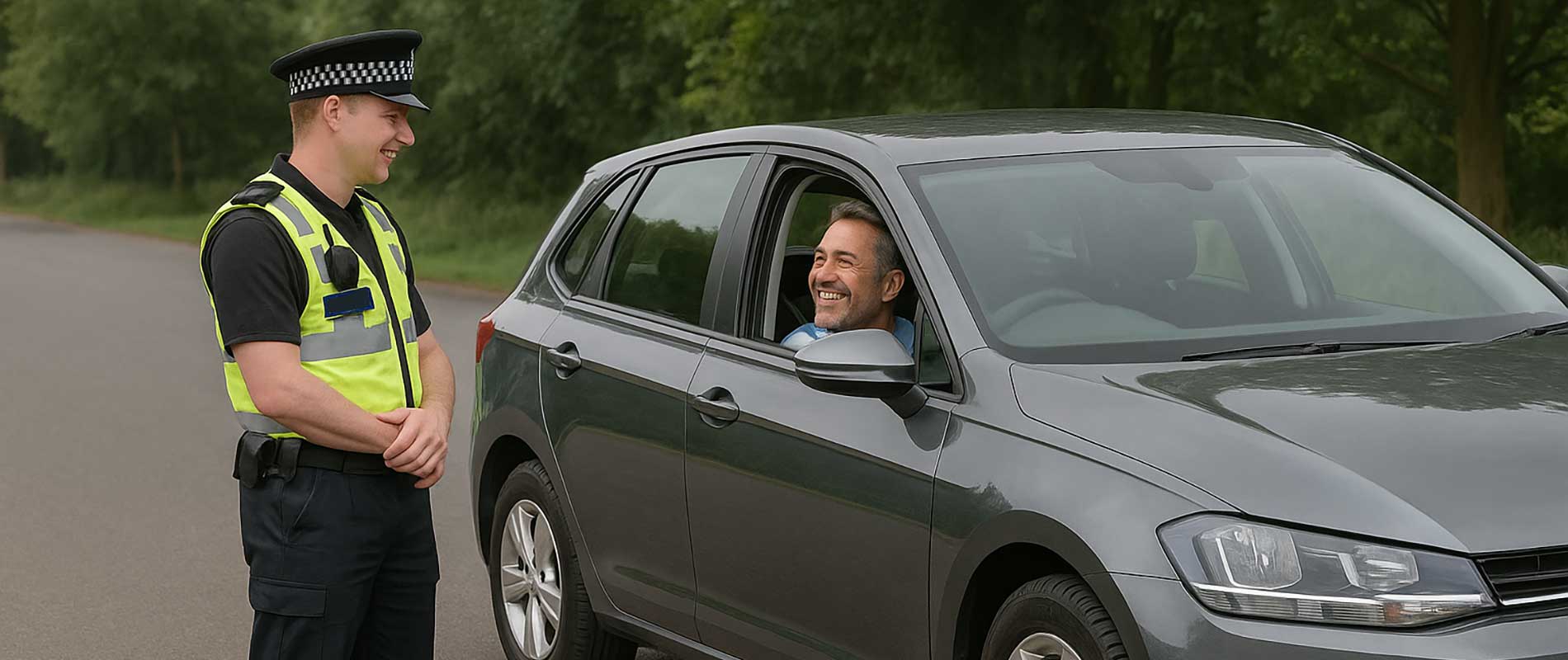The Short Answer
Yes, they can; but it takes a bit more care and transparency. Businesses in the UK are allowed to insure employees who have driving convictions, provided the insurer knows about them and agrees to cover the risk. The difficulty isn’t legality; it’s appetite. Some insurers won’t touch high-risk drivers at all, while others will accept them on stricter terms or at higher cost. So the answer isn’t a flat “no”; it’s “yes, but expect more conditions.”
How Fleet and Employer Policies Work
In most business motor insurance, the policyholder is the company itself. Employees are named or classed as authorised drivers, and the insurer prices the policy according to the group’s overall risk. If one of those drivers has points, a disqualification, or a past conviction, the business must declare it. Concealing the information can invalidate the entire policy, not just that driver’s section.
Insurers will ask for licence details, conviction codes, and dates. For large fleets, they might request a spreadsheet of all drivers’ histories. It’s tedious, but it protects both sides: the insurer gets a clear picture, and the business avoids accusations of non-disclosure later on.
When Insurers Say Yes; and When They Don’t
Minor convictions such as speeding or mobile phone offences are often accepted if they’re isolated incidents. Repeated offences, or anything involving alcohol, drugs, or dangerous driving, can trigger closer scrutiny. Some insurers will cover the employee but exclude them from driving the most valuable or high-performance vehicles. Others might insist on a higher excess for that driver, or limit their use to certain tasks.
If the conviction is serious or recent, the insurer might insist the driver completes a rehabilitation period or provides evidence of a new clean record before being added back onto the company policy. It’s all about demonstrating reduced risk.
Managing Risk Inside the Business
Employers have a duty of care to make sure anyone driving on company business is fit, licensed, and insured to do so. That applies to company vehicles and to employees using their own cars for work purposes. Regular licence checks, staff declarations, and clear driving policies help demonstrate that duty. For drivers with convictions, those checks should be more frequent; perhaps every three to six months instead of annually.
Some firms run internal driver-awareness sessions or partner with training providers to show insurers they take safety seriously. That can soften the perceived risk and keep premiums from rising too sharply.
Specialist Help for Complex Cases
There are brokers in the UK who deal specifically with businesses employing convicted drivers. They can arrange fleet or “any authorised driver” policies that take individual records into account. These brokers understand the nuances between DR10, IN10, and TT99 offences, and can match businesses with insurers willing to underwrite them. This route often saves time and frustration compared with applying directly to standard commercial insurers.
For small companies or sole traders, the process is similar; you’ll just need to disclose your own convictions as both owner and driver. The key is honesty. Insurers are used to hearing difficult histories; what they dislike is surprises.
The Bottom Line
Yes, businesses can insure convicted employees, but it’s a more hands-on process. Full disclosure, regular licence checks, and a proactive approach to safety make it possible. The premium might be higher, and the cover slightly more restrictive, but the insurance is still achievable. With careful management and the right broker support, even companies with drivers rebuilding their records can stay legal, insured, and operating with confidence.

